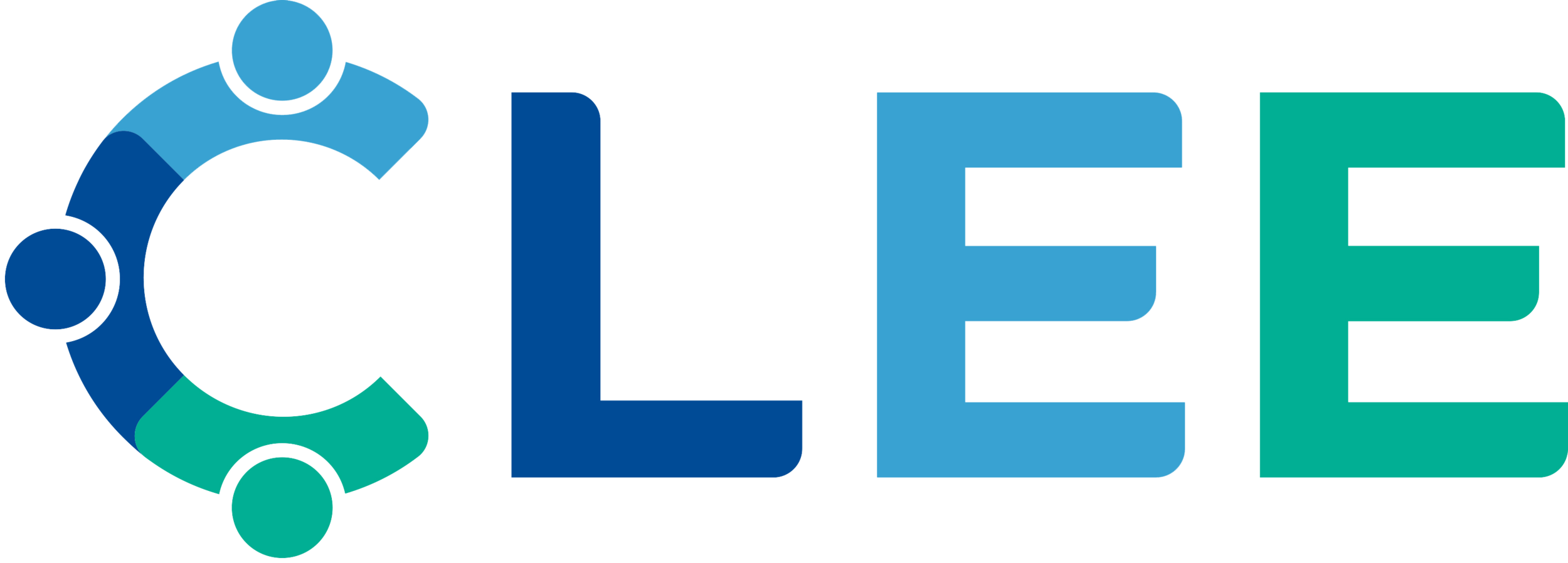Lead for Equity Blog: Student Voices
“There’s a radical —and wonderful —new idea here . . . that all children could and should be inventors of their own theories, critics of other people’s ideas, analyzers of evidence, and makers of their own personal marks on the world. It’s an idea with revolutionary implications. If we take it seriously.” —Deborah Meier
In the fall of 2018, CLEE launched a Network for School Improvement in partnership with 9 schools from across Rhode Island and will support from the Bill and Melinda Gates Foundation. The shared network aim is to improve outcomes in 9th grade math through increasing learning for underserved groups of students.
One of the absolute highlights of this work has been our student improvement leaders, students from each of our network schools who bring their critical expertise and perspective to the improvement process. Below are reflections from five of our student leaders: Jeshua Benzant (JB), an 11th grader at Highlander Charter School; Cris Marquez (CM), a 9th grader at Dr. Jorge Alvarez High School; Jose Mercado (JM), a 9th grader at the Urban Collaborative Accelerated Program (UCAP); Suliany Santiago (SS), an 8th grader at Trinity Academy for the Performing Arts; Branson Tucker-Smith (BTS), a 9th grader at Trinity Academy for the Performing Arts
In three words, how would you describe your experience in the Gates Network for School Improvement?
JB: I would describe my experience at the Gates Network for School Improvement as new, innovative, and potent. I would say new because of the use of the innovative idea of school coming together as a network to solve one common problem. I would also say innovative and, because of the use of data coming from different schools, it makes it possible to analyze and make implications on the lack of equitable opportunities. So that all students can approach standards by a more equitable manner, everyone gets the support they need without the hassle of waiting for the teacher or needing to get extra support and constantly having to take away from others’ learning experiences.
CM: Three words I would use to describe my experience with CLEE are joyful, insightful, and interactive.
JM: Three words that would describe my experience with CLEE and the Gates Network are amazing, fun, and I know this ain’t one, word but life-changing.
BTS: Enlightening, fun, and eventful!
SS: Beneficial, Supportive, Essential
What have been your key learnings as part of the network?
JB: The key learnings I have had as part of this network are, not only the self-awareness of the equity gap between students of all groups, but the use of learning that can be later be advocated for. What was shown at the network could be useful insight in the future for other schools to take note of. Schools need to take note of the work needed to be done to close equity gaps everywhere.
CM: One of the best things I have learned from participating in this initiative is how to talk to people and to not be shy. I have also learned how to be a part of a team to work in groups and share my ideas, which has helped me to be more confident. I learned how to climb the ladder and look at things more objectively, gaining experience from teachers and other students. I feel like my experience will allow me to be a positive role model to my peers and contribute to changes that are needed to improve my school.
JM: My key learnings have been that there are a lot of inequalities in 9th grade math and that I can help change that.
SS: I learned more about the teachers’ perspective in the classroom. I learned ways I could improve as a student in the classroom. I learned more about collecting data and how it can help fix problems in the classroom.
BTS: I have learned that, not only is it just the teacher’s job to help and spread information, but also the students’. Students have input and should try hard to push beyond their limits.
In your opinion, what needs to change in our schools to improve learning in 9th grade math?
JB: In my opinion, what needs to be changed in our schools to improve learning in 9th grade math is the lack of support for groups who are in need to reach goals. This can apply to English Learning students and students who are disengaged. English-Learning students need a lot more support because of their limited english proficiency. It tends to be hard for these students to get the help they need or understand the subject at all. There has been an article stating 12 things schools are doing that are under-serving English-Language Learners.
CM: One of the things I hope for is that students will be more joyful and excited in math class. Sometimes, math class is challenging and scary and students are afraid to try because they don’t want to fail. If teachers used activities to engage students, like math games to participate in class, I feel this would help make them participate more. Also, making activities apply to real life situations would also engage them more. I also would like to see my peers become more responsible students by bringing the tools they need to class and a mindset ready to start work. I want them to understand the importance of math study to their future.
JM: In my opinion I think that teachers should be more involved with their students, see what they need and do what they can, but I feel like it’s also up to us.
BTS: Maybe if students were also helping out more, and speaking out to get assistance in math, and could focus more, it could boost students to get to the top.
SS: In my opinion I feel like not only should teachers try to change their strategies in teaching the class, but also set some expectations for the students.

